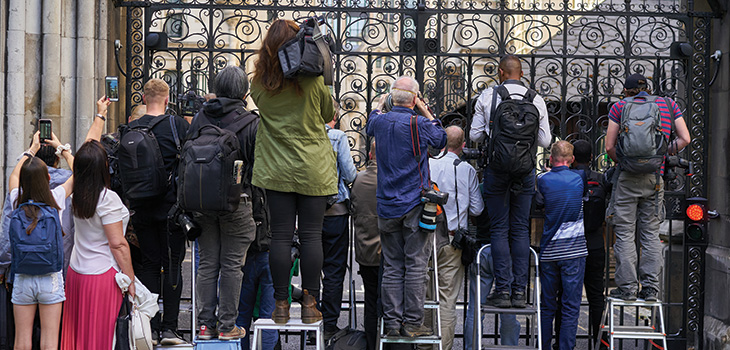
England and Wales remains one of the world’s leading jurisdictions for high-value litigation and arbitration, bolstered by the London courts’ global reputation for impartiality and independence. Even after Brexit, English law underpins billions in international contracts and transactions, with legal services contributing £60bn to the UK economy. From contractual disputes to defamation and collective actions, London routinely hears cases that draw significant international attention. For litigants—particularly corporates and high-profile individuals—this means not only legal risk but also reputational exposure, often on a global scale.
Legal teams are now expected to factor reputational considerations into case strategy from the outset. Increasingly, litigation public relations (PR) professionals work in tandem with legal counsel to develop communication plans, monitor press interest, brief journalists on the case where appropriate, and correct any published misinformation—all while ensuring consistency with the legal approach. The myriad rules around communicating throughout the legal proceedings require an expert touch









